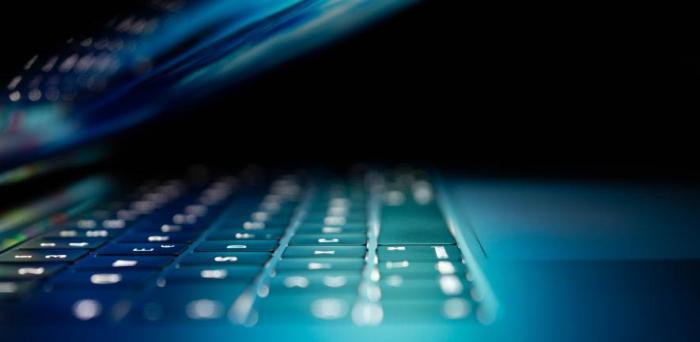That’s the warning from a team of researchers including Dr Ben Collier from the Cambridge Cybercrime Centre, part of Cambridge University's Department of Computer Science and Technology.
The researchers have been analysing data collected by the Centre from underground forums, chat channels and marketplaces used by cybercrime communities. And in a briefing paper they have just written for Police Scotland, they say it indicates that the social changes put in place in response to the coronavirus pandemic “have stimulated… the cybercrime economy.”
Some of the cybercrimes taking place are new. For example, early in the lockdown, some scammers sent fake texts, purporting to come from HM Revenue & Customs, telling recipients they were going to be fined £250 for leaving their homes more than once a day.
And the researchers are also concerned that the rollout of the prospective NHS contact tracing app has the potential to generate clear risks for those vulnerable to fraud. They warn that such people may be conned into handing over sensitive personal information by fake apps or scam texts purporting to be from the NHS.
“We’re also seeing some general repurposing of existing cybercrime,” said Collier. “For example, there have long been fake online shops, but now instead of selling clothes, they are selling face masks or bogus ‘cures’ for the coronavirus.”
And meanwhile, there has been a general rise in the levels of cybercrime. The Cambridge Cybercrime Centre has tracked a three-fold increase in ‘denial of service’ attacks from around 12,000 per day to close to 30,000 attacks per day. These attacks – which can be purchased for small amounts of money from specialised online services – can be used to knock others offline, often opponents in online games.
Such attacks, the report says, have serious implications beyond being a nuisance for gamers, as many of these children and young people will be sharing Internet connections with siblings engaged in online or blended learning and parents working from home.
Image: Closeup of laptop computer
Credit: Photo by Philipp Katzenberger on Unsplash
Reproduced courtesy of the University of Cambridge
